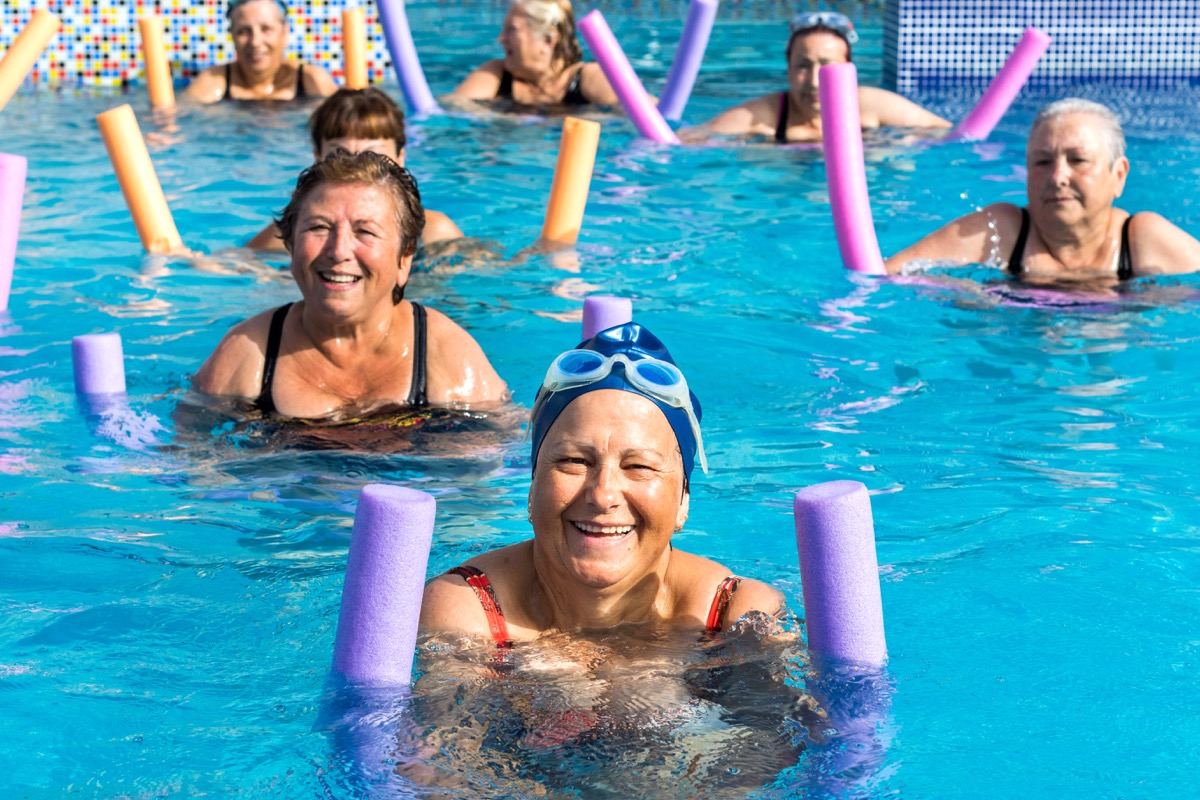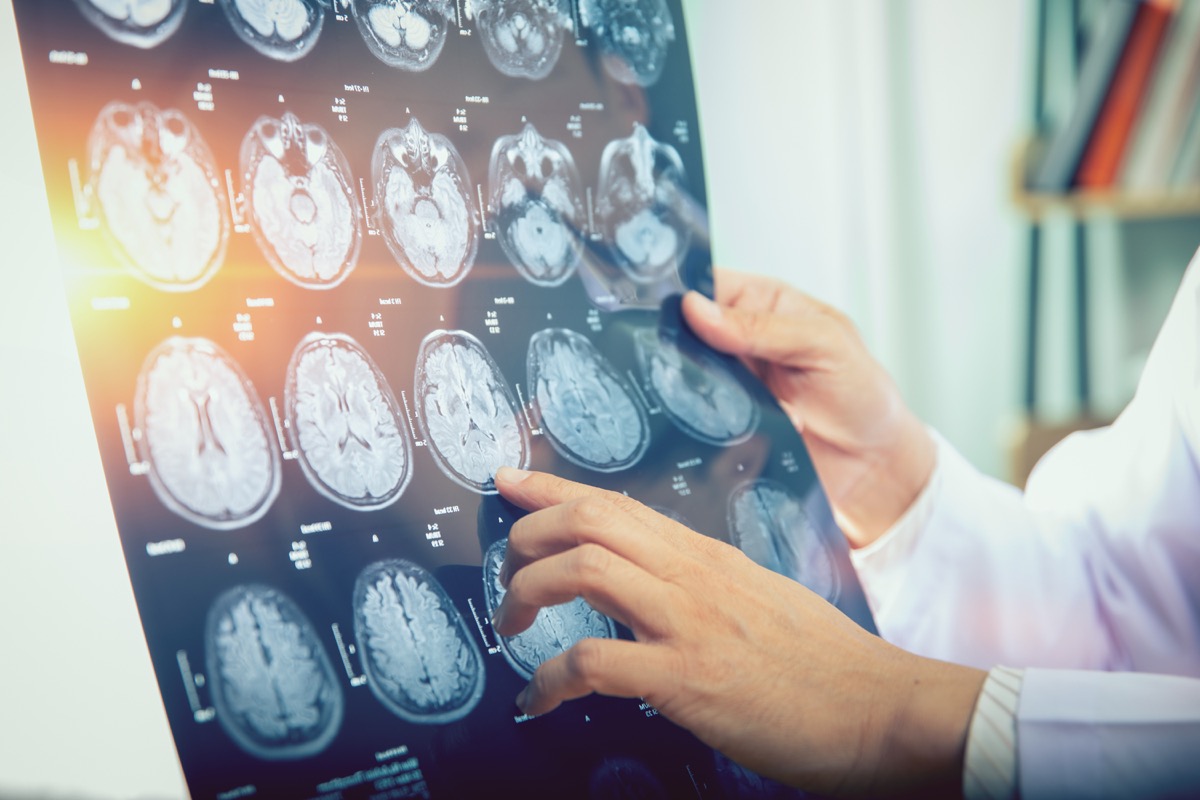Exercising for 20 Minutes Daily Slashes Your Dementia Risk — Best Life
Unlike heart health, which many know can often be managed with diet and exercise, it can sometimes feel as though dementia is out of our control as we age. But research is providing the medical community with a better understanding of cognitive decline, including specific activities and lifestyle changes that could affect the likelihood of developing the condition. Now, a new study has found that doing one thing in particular every day for 20 minutes could significantly reduce your risk of dementia, even if you start later in life. Read on to see which activity can help your brain health.
RELATED: Drinking This Every Day Slashes Your Dementia Risk In Half, Study Says.

The latest brain health research comes from a study published on Jan. 7 in Alzheimer’s & Dementia: The Journal of the Alzheimer’s Association. Researchers used brains from 404 deceased participants between the ages of 70 and 80 donated to science as part of the Rush Memory and Aging Project conducted in Chicago. Researchers also collected data on each participant’s physical activity and movement levels throughout their later phase of life.
Examination of brain tissue found that those participants who were more active and moved more later in life had higher levels of a protein that has been shown to strengthen the communication between brain cells through synapses, CNN reports. The proteins were even observed in more active participants whose brains showed other physical signs of dementia’s onset, meaning the protective benefits could still be viable in later phases of life.
“The more physical activity, the higher the synaptic protein levels in brain tissue. This suggests that every movement counts when it comes to brain health,” Kaitlin Casaletto, PhD, an assistant professor of neurology in the Memory and Aging Center at the University of California San Francisco, told CNN in an email, adding that her team recommends aiming for 150 min per week—or 20 minutes per day—of physical activity.

The research team’s findings focus on an element of brain health concerning the passage of electrical impulses between neurons. “Synapses are the critical communicating junctions between nerve cells and are really where the magic happens when it comes to cognition,” Casaletto wrote in the email. “All of our thinking and memory occurs as a result of these synaptic communications.”
When it comes to slowing or stopping the onset of dementia, the body must repair and replace proteins on synapses in the brain and keep them in the correct proportions. “There are many proteins present at the synapse that help facilitate different aspects of the cell-to-cell communication. Those proteins need to be in balance with one another in order for the synapse to function optimally,” Casaletto wrote. “Several prior studies consistently show … higher levels of these same synaptic proteins in brain tissue associate with better cognitive performance, independent of plaques and tangles.”
According to experts connected to the study, the research team’s finding of a positive correlation between physical activity and protective proteins could be important for addressing dementia in the future. “These data reinforce the importance of incorporating regular physical activity into our everyday lives—no matter how young or old we are,” Heather Snyder, vice president of medical and scientific relations for the Alzheimer’s Association, which in part helped to fund the study, said in a statement.
RELATED:
For more up-to-date information, sign up for our
daily newsletter.

Casaletto concluded that while the study’s findings didn’t establish a firm cause-and-effect between dementia and exercise, it still represented a breakthrough in our understanding of the relationship between them. “We have described, for the first time in humans, that synaptic functioning may be a pathway through which physical activity promotes brain health,” she wrote to CNN. “I think these findings begin to support the dynamic nature of the brain in response to our activities, and the capacity of the elderly brain to mount healthy responses to activity even into the oldest ages.”
If you’re looking to get moving, experts recommend beginning easy and working your way to more sustained exercise over time. “Start by walking just five to 10 minutes daily over the first few days while you figure out the best time and place for your walks,” fitness expert Dana Santas tells CNN. “Once you’ve determined the logistics, begin adding a few minutes more to each walk. Ideally, you want to get up to about 20 to 30 minutes per day.”
“Take steps to make it sustainable, so it becomes a part of your lifestyle that you enjoy and take pride in rather than viewing it negatively, like a chore,” she adds.

Other research has also recently shed light on how exercising might affect…
Read More: Exercising for 20 Minutes Daily Slashes Your Dementia Risk — Best Life

